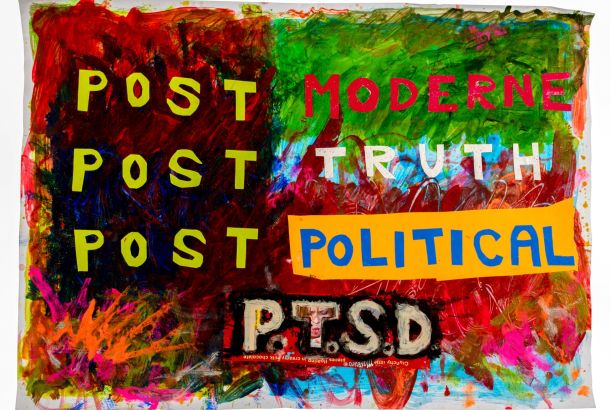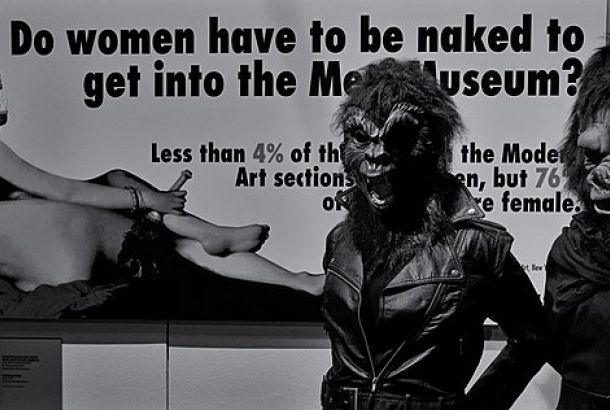Artefact of the Week: Karl Marx’s desk
By Bella Jewell

The small and narrow Chetham’s Library is easy to miss. Tucked away near the English Football Hall of Fame, this unassuming construction is the home of one of the dominant ideologies of the 20th century: Marxism.
Chetham’s Library is, in fact, one of the oldest public libraries in the UK and is still free to enter. It is in this library that German industrialist and Marxist philosopher Friedrich Engels and Karl Marx would meet to study and eventually formulate the famous philosophy known as Marxism. However, the birthplace of Marxism can be narrowed down even further than this, as we know the exact spot where these magnificently bearded philosophers conducted their studies.
A smoothly-carved mahogany arch marks the entrance to a dimly-lit alcove. In the centre of this small reading room, a solid rectangular desk stands proudly. It is on its worn surface that Marx and Engels would pile their books and scribble down impassioned notes, formulating an ideology which would later become the basis of communism.
Friedrich Engels lived in Manchester in the 1840s working at a cotton thread manufacturing firm owned by his father. His experiences in the heart of industrial Manchester gave way to the publication of the seminal work, The Condition of the Working Class in England. In 1945, Karl Marx travelled from London to join Engels in Manchester, and the two began to work and theorise together in the cosy alcove of Chetham’s Library.
Perhaps it is not surprising that the founders of such a radical ideology worked in such a subtle environment, away from the hustle and bustle of the UK’s political capital, London. Indeed, Manchester’s political history is far from subtle; the city is renowned for its radicalism, being the site of the Peterloo Massacre in 1819, and the formation of the Anti-Corn Law League in 1839. The city has maintained its proud leftism, remaining a Labour stronghold.
The Marx and Engels alcove captures a significant moment in Manchester’s history, as the room remains almost entirely unchanged from 1845. There is a pensive stillness that occupies the air, as one can almost hear the walls whisper about the remarkable events they have witnessed. The site has become a place of pilgrimage for Manchester residents and tourists, a room in which two men created one of the most important ideologies of our time.







